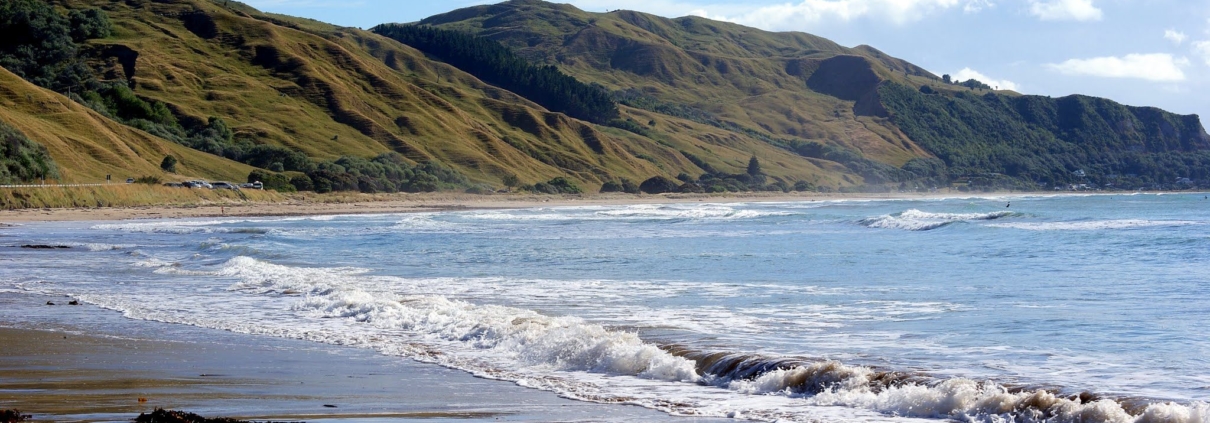As you will know, the New Zealand border is closed to almost all travellers to protect New Zealanders from COVID-19.
However, with a Critical Purpose Visitor Visa, a person is able to:
- travel to New Zealand even though the New Zealand border is closed; and
- stay in New Zealand between 6 and 12 months
To be granted a Critical Purpose Visitor Visa, the applicant must:
- be in good health;
- be of good character i.e. not been convicted of an offence;
- genuinely intend to meet the conditions of a Critical Purpose Visitor Visa i.e. only intend to stay in New Zealand temporarily, will not stay in New Zealand
without a valid visa etc.; and
- have a critical purpose for being in New Zealand.
Critical purpose for being in New Zealand
A person will have a critical purpose for being in New Zealand if they are a, for example:
- partner or dependent child of a New Zealand citizen or resident without a relationship-based visa;
- partner or dependent child of a temporary visa holder who is employed a teacher in New Zealand;
- partner or dependent child of a temporary visa holder who held a visa for New Zealand, but were unable to join their partner or parent in New Zealand before
the border closed;
- partner and dependent children of a temporary visa who is employed in a critical health; service
- critical health worker;
- other critical worker;
- citizen of Samoa and Tonga who have been asked by their government to travel here, and this travel has been approved by The Ministry of Foreign Affairs and
Trade;
- humanitarian exception;
- replacement cargo ship crew arriving by air; and
- ship crew arriving by sea.
The humanitarian exception
Humanitarian reasons are exceptional circumstances of a humanitarian nature that make it strongly desirable for the applicant to travel and enter New Zealand. When considering whether a person has humanitarian reasons for travelling to New Zealand, an immigration officer must consider the strong public interest in protecting the health of New Zealanders and supporting Government agencies’ response to the risks posed by the COVID-19 situation.
Relevant factors when considering if humanitarian reasons justify the grant of a visa include:
- the applicant’s connection to New Zealand;
- the applicant’s connection to the place they are currently located;
- whether New Zealand is their primary place of residence, and their period of absence from New Zealand;
- whether the applicant has any alternative options; and
- the impact of not granting a visa and entry permission to the applicant.
It is a very high threshold – the person’s situation has to be “well outside the normal run of circumstances”, and it will not be enough that the person’s circumstances are emotionally upsetting or cause family members in New Zealand difficulty or hardship.
Please note that this is not a substitute for legal advice and you should contact your lawyer about your specific situation. Please feel free to contact us on 03 348 8480 or by email to Viv Zhang – VivZhang@parryfield.com and Rebecca Nicholson – RebeccaNicholson@parryfield.com.




